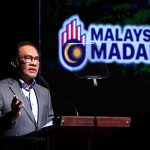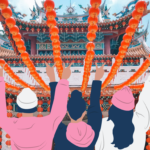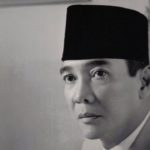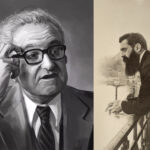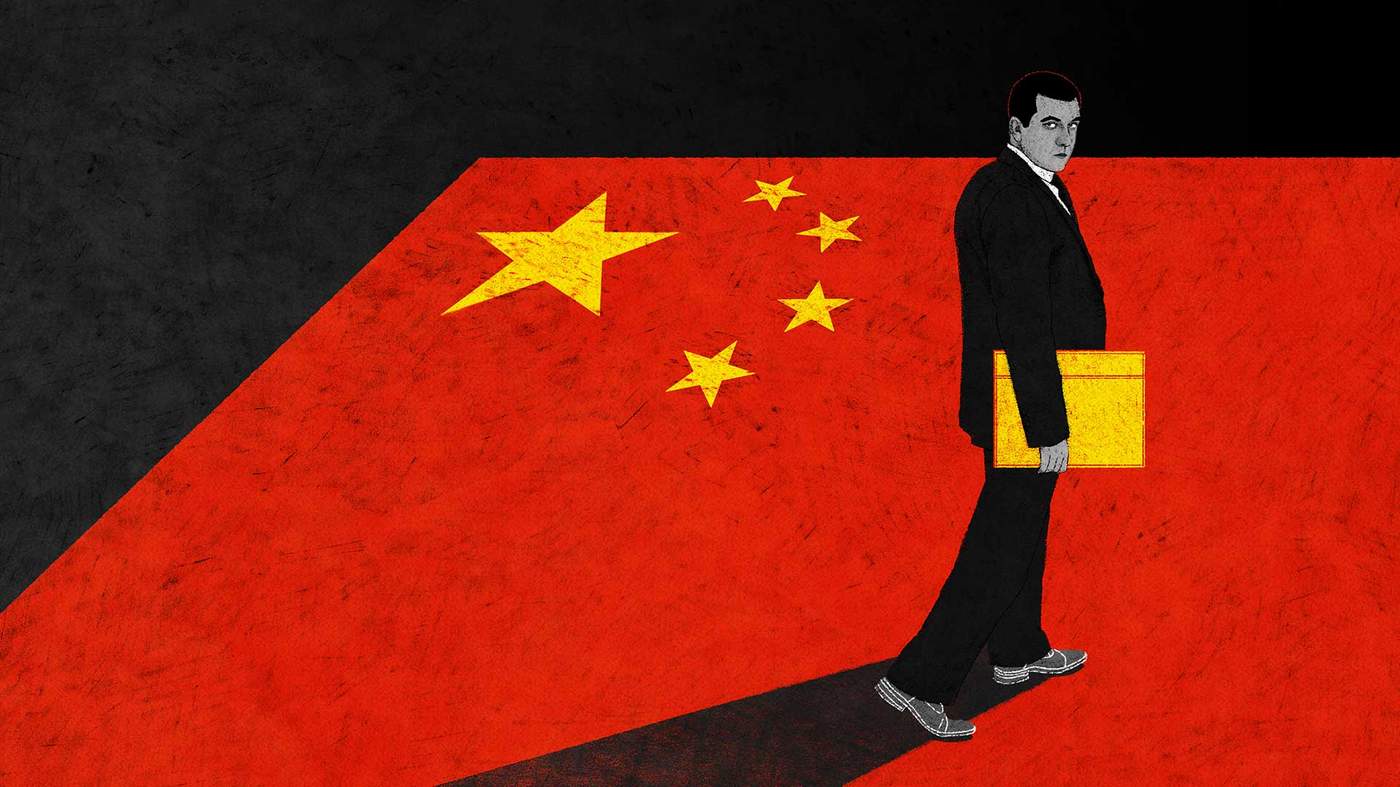
I was discussing a project today with my manager. Along the way, he mentioned that China is a “copycat” country rather than an innovation country. It made me think. Is this statement reasonable?
Have you ever wonder how did the west get the great inventions such as the compass, gun powder, movable block press, or even paper?
How about porcelain making? The truth is that China was one of the first victims of industrial espionage by none other than the “great Greek civilization” that westerners love so much.
Monks smuggled silkworms from China to the Byzantine Empire (Eastern Roman Empire), which formed its economic foundation for around 650 years.
A delegation of eastern orthodox monks under Justinian broke two monopolies in the East – China on silk production and Persia on the silk trade routes to the West – by smuggling silkworms to the West.
The resulting monopoly was the foundation for the Byzantine economy for the next 650 years until its demise in 1204.
In the 17th and 18th centuries, the Chinese alone possessed the ability to produce high-end “hard-paste” porcelain, an expensive material beloved by Europe’s elites. In the 1680s, a French Jesuit, Pere d’Entrecolles, traveled to China, where he saw the kilns and likely read technical works on the subject.
In September 1712, he wrote that while visiting Jingdezhen, then known as the porcelain capital of China, he had compiled “a minute description of all that concerns this kind of work.”
Within a few decades, a porcelain factory in Sévres, France, was producing hard-paste porcelain on par with the Chinese product. In a further twist, the British managed to swipe the secrets from the French, inaugurating Britain’s high-end porcelain industry.
China didn’t invent industrial espionage
China didn’t Invent Economic Spying.
Some might say that there were no international laws or intellectual property laws back then.
What about Britain stealing Chinese tea making secrets?
It is one of the greatest acts of corporate espionage ever committed.
The British East India Company faced the loss of its monopoly on the fantastically lucrative tea trade with China, forcing it to make the drastic decision of sending Scottish botanist Robert Fortune to steal the crop from deep within China and bring it back to British plantations in India.
Strange. It says that Britain sent a botanist to steal a unique crop from China. Does it sound like “honorable white people” are breaking laws?
Alternatively, it was just one of the thousands “isolated event”?
The U.S., and for that matter, almost every Western nation, might wish to remember their own, no-holds-barred campaigns to swipe industrial secrets.
Throughout the 18th century, every European power attempted to rip off industrial secrets.
One nation, in particular, was known for using the illicit methods to great advantage: the U.S.
In the country’s very first years, aspiring industrialists looked to Europe and quickly learned to take the easy way out, stealing instead of inventing.
Over the past 15 years, the FBI has chronicled numerous cases involving France, Germany, Japan, Israel, and South Korea. An FBI analysis of 173 nations found that 57 were covertly trying to obtain advanced technologies from U.S. corporations. Altogether, 100 countries spent some public funds on acquiring U.S. technology. Former French Intelligence Director Pierre Marion put it succinctly when he said,
“In economics, we are competitors, not allies. America has the most technical information of relevance. It is easily accessible. So naturally, your country will receive the most attention from the intelligence services.”
Glenn Greenwald in his book says the NSA eavesdrops on 20 billion communications a day — and planted bugs in Cisco equipment headed overseas.
Did you still remember the former CIA employee Edward Snowden?
Snowden claimed that the NSA planted backdoors in Cisco products
Why don’t you complain about them? Is it because when the west and its “allies” (who are militarily occupied against their will) does it, it’s honorable and just?
To summarize what had we been discussing so far, the West has been stealing from China for over a thousand years to further their economies. From silkworms to tea, until the late Qing dynasty, the West was still in an inferior trade position with their demand for Chinese products like tea and porcelain being well known.
The West ended up compensating with barbarism and drugging China at gunpoint with the Opium Wars. Hilariously, the West is perpetually in an inferior trade imbalance position. In the past, it was due to strong demand for expensive Chinese products with no reciprocal demand for western products. Today, even when China is labeled with low quality and cheap products, the West STILL suffers from a trade imbalance.
Although typically glossed over in high-school textbooks, as a young and newly industrializing nation, the U.S. aggressively engaged in the kind of intellectual-property theft it now insists other countries prohibit.
In other words, the U.S. government’s message to China and other nations today is “Do as I say, not as I did.”
In its adolescent years, the U.S. was a hotbed of intellectual piracy and technology smuggling, particularly in the textile industry, acquiring both machines and skilled machinists in violation of British export and emigration laws.
Piracy and Fraud Propelled the U.S. Industrial Revolution
Alexander Hamilton’s “Report on Manufactures,” submitted to Congress in December 1791 mentioned that to procure all such machines as are known in any part of Europe can only require a proper provision and due pains. He also added that the knowledge of several of the most important of them is already possessed. The preparation of them here is, in most cases, practicable on nearly equal terms.
Notice that Hamilton wasn’t urging the development of indigenous inventions to compete with Europe but rather the direct procurement of European technologies through “proper provision and due pains” — meaning, breaking the laws of other countries.”
When Charles Dickens arrived in Boston in 1842, he was startled to see what Americans would do for profit. He found the city’s bookstores rife with pirated copies of his novels, along with those of his countrymen. Dickens would later deliver lectures decrying the practice, and wrote home in outrage: “my blood so boiled as I thought of the monstrous injustice.”
Dark side of American “innovation.”
In the chaos following World War II, some of the greatest spoils of Germany’s resources were the Third Reich’s scientific minds. The U.S. government secretly decided that the value of these former Nazis’ knowledge outweighed their crimes and began a covert operation code-named Paperclip to allow them to work in the U.S. without the public’s full knowledge.
Joint Intelligence Objective Agency, or JOIA, had decided that these scientists were too valuable to the U.S. to allow to fall into Soviet hands. This American covert operation was one of the most guarded U.S. government secrets of the 20th century. Some of the scientists who were part of it were Otto Ambros (a chemist who served as director of the German corporation that produced the gas used in the death camps), Arthur Rudolph (rocket scientist who played a vital role in the V-2 rocket program),
Kurt Blome (virologist who pioneered Hitler’s secret germ warfare program).
To recap, America supported a nation-wide policy of intellectual theft and sheltered the 20th century’s two most hated war criminals in order to gain technology that was paid for by the blood of thousands of horrifically tortured and murdered victims – while preaching breathlessly about international law, innovation, freedom, and justice.
So tell me again, does China really invented industrial espionage?
Sources:
- Philology report, Stanford University. (2011)
- Silk, Power & Diplomacy in Byzantium, Anna Maria Muthesius, Cambridge University. (1992)
- For All the Tea in China: How England Stole the World’s Favorite Drink and Changed History, Sarah Rose (2009)
- No Place to Hide, Glenn Greenwald (2014)
- Operation Paperclip: The Secret Intelligence Program that Brought Nazi Scientists to America, Annie Jacobsen (2014)
- The Growth of Economic Espionage: America Is Target Number One, Peter Schweizer (1996)
Related Posts
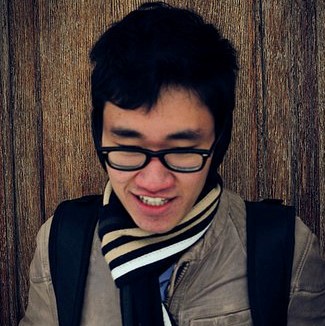
Part time independent writer and podcaster from Sarawak, Malaysia.
